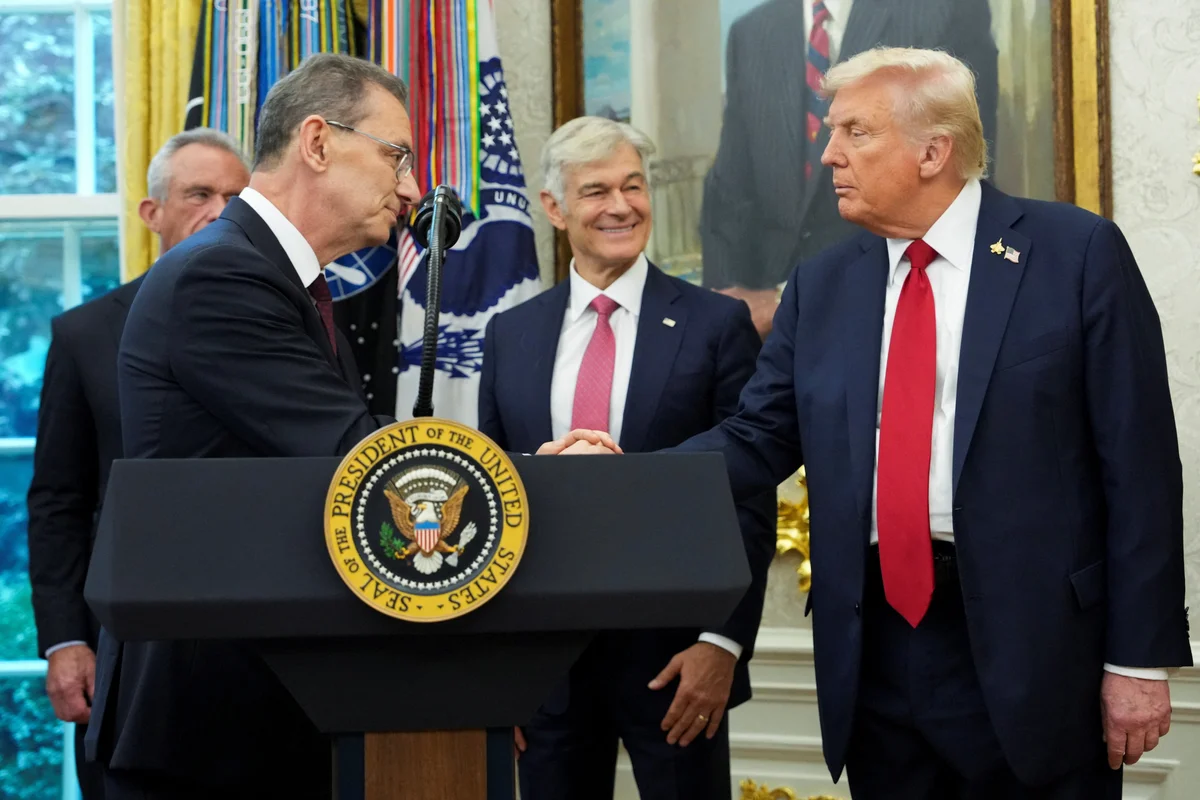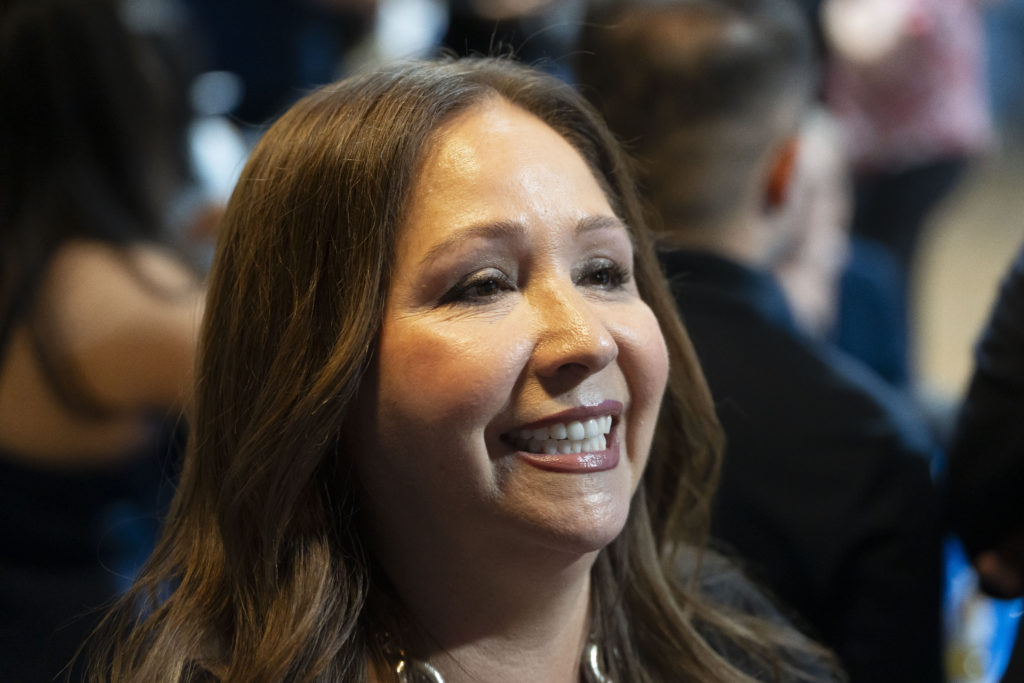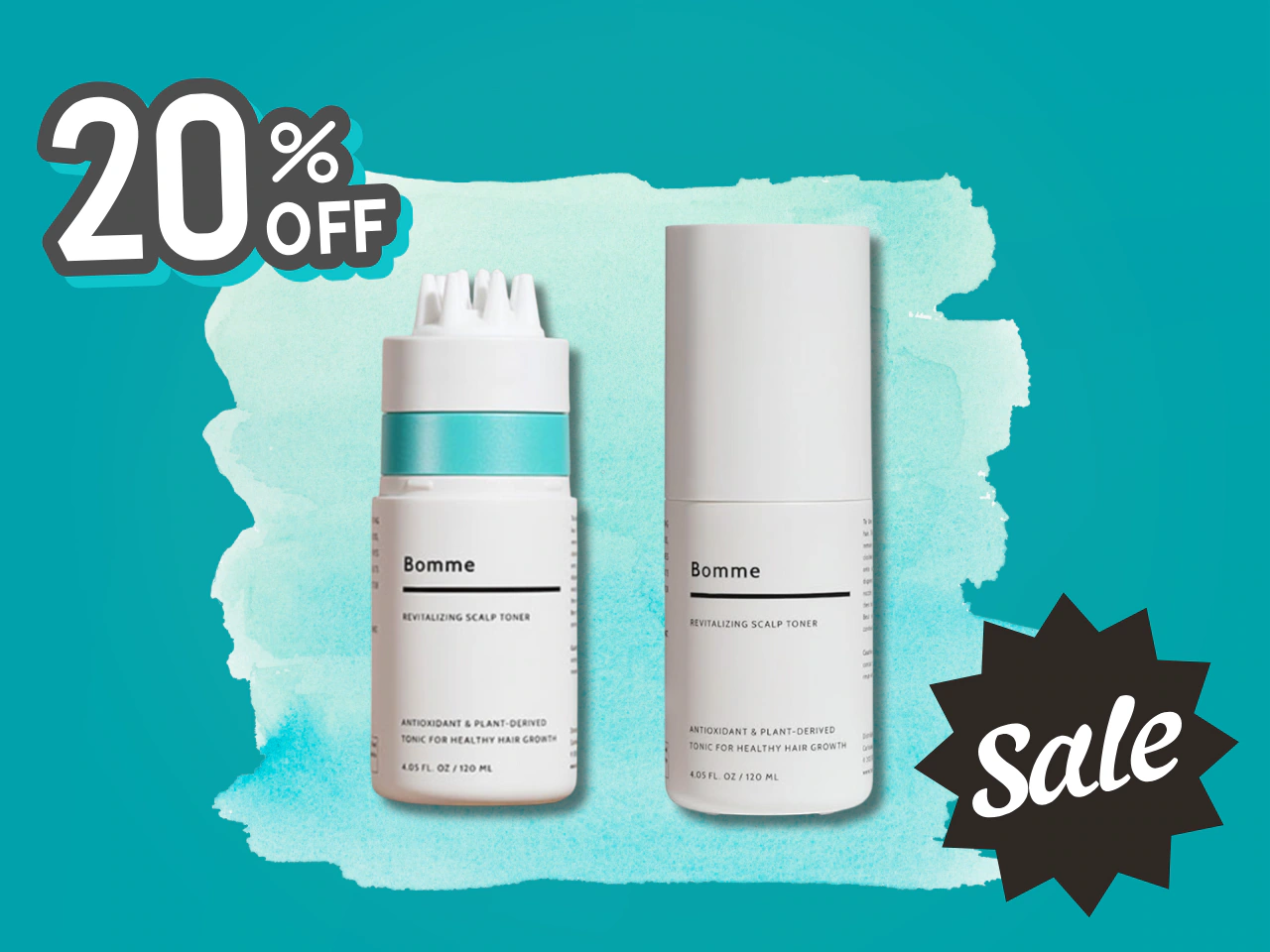By Katie Hawkinson
Copyright independent

President Donald Trump has announced a slew of programs aimed at saving Americans money on prescription drugs, including a new website that will allow patients to buy them directly at discounted rates.
Trump announced a new agreement with Pfizer on Tuesday, revealing the pharmaceutical company will now offer its drugs to Medicaid at the lowest prices available to other developed countries, also known as most-favored-nation prices. Additionally, the “large majority” of Pfizer’s primary care treatments and some of its “specialty brands” will be discounted, the company said in a statement on Tuesday. The discounts will be 50 percent on average, but could reach as high as 85 percent, according to Pfizer.
“By working closely with the Administration, we are lowering costs for patients and enabling greater investment in the U.S. biopharmaceutical ecosystem by ending the days when American families alone carried the global burden of paying for innovation,” Pfizer CEO Albert Bourla said in a statement.
Trump also announced his plans to launch a new website called “TrumpRx,” which Pfizer said it will participate in. TrumpRx will help Americans find pharmaceutical drugs and buy them directly from companies at discounted prices.
Trump said Tuesday that these programs are “a critical step forward to our work and to improve health care and hardworking, low-income Americans.” But some reports indicate that many Americans are unlikely to find savings through the TrumpRx website.
Here’s what you need to know about TrumpRx:
TrumpRx will allow users to find pharmaceutical drugs and purchase them directly from the manufacturers. Medicare director Chris Klomp said the drugs will “often” be sold at the full most-favored-nation price, and “always at lower prices than currently available.”
The White House hopes to make the website available by early 2026, NBC News reports. The government also won’t sell the medications on the website. Instead, it will direct consumers to the companies’ own websites, according to NBC News.
Many Americans appear unlikely to save money using TrumpRx.
About 90 percent of Americans have health insurance, and even with deductibles and co-pays, buying drugs through insurance is still likely to be cheaper than paying discounted full prices, The Wall Street Journal reports. Paying cash for drugs likely wouldn’t count toward deductibles either, according to the outlet.
“There are not a lot of people in the market who have the ability or desire to pay full price for these drugs out-of-pocket,” Craig Garthwaite, a professor at Northwestern University’s Kellogg School of Management, told the Journal. “For most patients, they’re certainly better off buying from insurance.”
However, some of the 27 million uninsured Americans who have enough funds to buy the drugs directly could find savings.
Medicaid patients are unlikely to pay less through TrumpRx, either. In some states, Medicaid patients pay nothing out-of-pocket for drugs, and in others, they pay as little as $3 or $5, according to the Journal.
It’s also unclear how much money the Medicaid program itself will save, as the law already says the program must get drugs at the lowest price of any commercial buyer, the Journal reports.
The White House gave three examples of Pfizer drugs that consumers will be able to buy directly at a discount under the agreement.
Eucrisa, a cream for atopic dermatitis, will be sold at an 80 percent discount; Xeljanz, an oral medication for certain autoimmune and inflammatory diseases, will be sold at a 40 percent discount; and Zavzpret, which treats migraines, will be sold at a 50 percent discount.
But even with these discounts, some of these drugs will still be relatively expensive. Xeljanz costs about $6,000 per month — which means the new discount would drop the price to $3,600 per month. Meanwhile, the vast majority of people with commercial insurance pay anywhere from $0 to $20 per month for the drug, according to Pfizer’s website.
The Independent has contacted the White House and Pfizer for comment.



